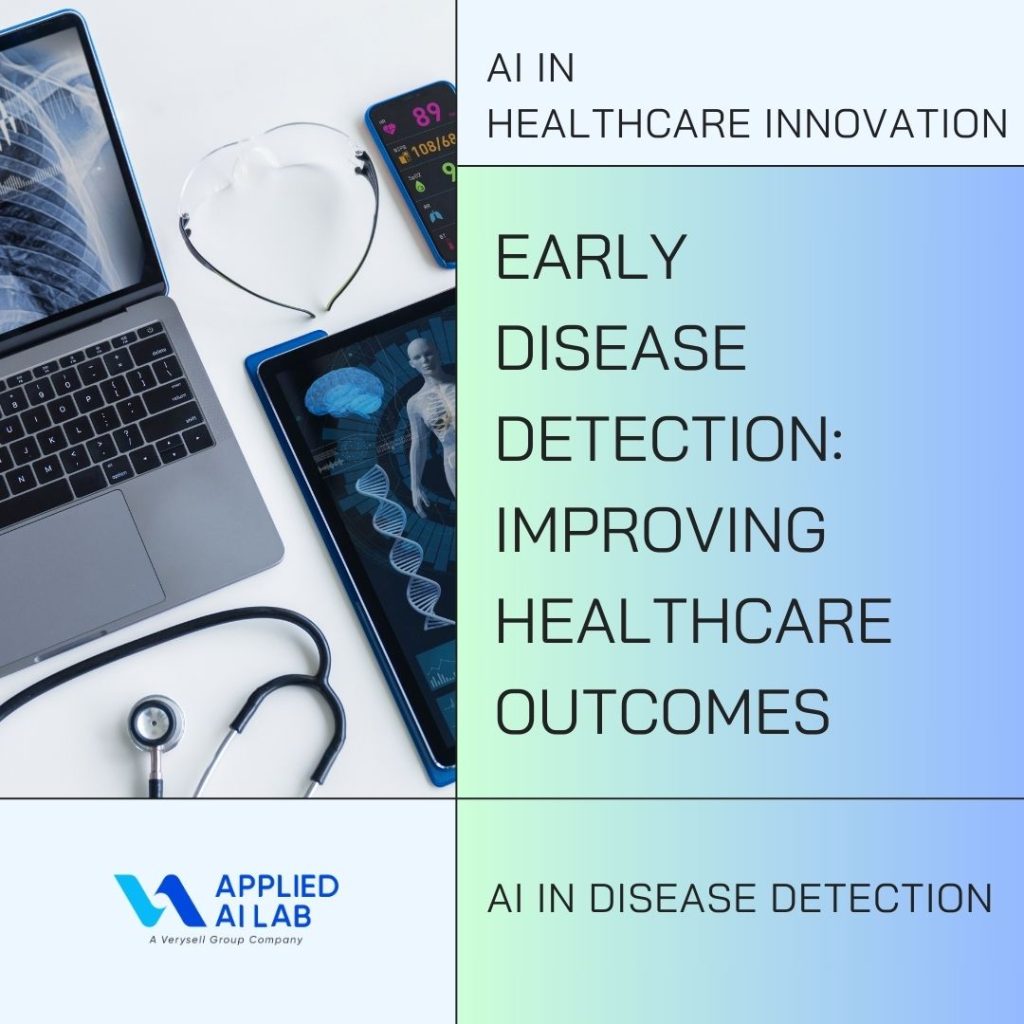In recent years, the integration of artificial intelligence (AI) into healthcare has transformed the landscape of early disease detection and treatment. By leveraging advanced algorithms and machine learning techniques, AI is capable of analyzing vast amounts of medical data, identifying patterns, and predicting health outcomes with unprecedented accuracy. This revolutionary approach not only enhances the speed of diagnosis but also significantly improves the effectiveness of treatment plans, ultimately leading to better patient outcomes.
As we delve deeper into the implications of AI in healthcare, you will discover how these innovative technologies are reshaping traditional diagnostic methods. From early cancer detection to the management of chronic diseases, AI is paving the way for personalized medicine that caters to individual patient needs. Furthermore, we will explore real-world case studies that highlight the successful implementation of AI-driven solutions in various medical fields, showcasing their potential to save lives and reduce healthcare costs.
Stay with us as we uncover the challenges and ethical considerations surrounding the use of AI in healthcare. We will discuss the importance of data privacy, the role of healthcare professionals in this evolving landscape, and the future prospects of AI in enhancing patient care. By the end of this article, you will have a comprehensive understanding of how AI is revolutionizing early disease detection and treatment, and why it is crucial for the future of healthcare. Join us on this enlightening journey into the future of medicine!
The Role of Machine Learning in Predictive Analytics
Machine learning algorithms have become pivotal in the realm of predictive analytics, particularly in healthcare. By analyzing vast datasets, these algorithms can identify patterns that may not be immediately apparent to human clinicians. For instance, machine learning models can process electronic health records (EHRs) to predict the likelihood of diseases such as diabetes or heart disease based on a patient’s history, lifestyle, and genetic factors.
Moreover, the integration of machine learning in predictive analytics allows for real-time monitoring of patient data. This capability enables healthcare providers to intervene earlier, potentially preventing the progression of diseases. As a result, machine learning not only enhances early detection but also optimizes treatment plans tailored to individual patient needs.
AI in Imaging and Diagnostics
Artificial intelligence has significantly transformed imaging and diagnostics, particularly in radiology. AI algorithms can analyze medical images, such as X-rays, MRIs, and CT scans, with remarkable accuracy. These systems are trained on thousands of images, allowing them to detect anomalies like tumors or fractures that may be missed by the human eye.
Furthermore, AI-driven diagnostic tools can provide radiologists with decision support, enhancing their ability to make informed choices. This synergy between AI and human expertise not only speeds up the diagnostic process but also improves patient outcomes by facilitating earlier treatment interventions.
Personalized Medicine and AI
Personalized medicine is an emerging approach that tailors medical treatment to the individual characteristics of each patient. AI plays a crucial role in this field by analyzing genetic information, lifestyle factors, and environmental influences to recommend the most effective treatment options. For example, AI can help oncologists determine the best chemotherapy regimen based on a patient’s unique tumor profile.
This level of customization is made possible through advanced algorithms that can process and interpret complex biological data. As a result, personalized medicine not only enhances treatment efficacy but also minimizes adverse effects, leading to a more patient-centered approach in healthcare.
AI-Driven Wearable Technology for Early Detection
Wearable technology equipped with AI capabilities is revolutionizing early disease detection by continuously monitoring vital signs and health metrics. Devices such as smartwatches and fitness trackers can collect data on heart rate, sleep patterns, and physical activity, providing valuable insights into a user’s health status.
These wearables can alert users and healthcare providers to potential health issues, such as irregular heartbeats or significant changes in activity levels, prompting timely medical evaluations. The integration of AI in wearable technology not only empowers individuals to take charge of their health but also facilitates proactive disease management.
Ethical Considerations in AI Healthcare Applications
As AI continues to permeate the healthcare sector, ethical considerations surrounding its use become increasingly important. Issues such as data privacy, algorithmic bias, and the transparency of AI decision-making processes must be addressed to ensure that AI applications are used responsibly and equitably.
Healthcare providers and technology developers must collaborate to establish guidelines that protect patient data while promoting innovation. By prioritizing ethical standards, the healthcare industry can harness the full potential of AI in early disease detection and treatment, ultimately improving patient care and outcomes.
| Aspect | Description |
|---|---|
| Introduction | Artificial Intelligence (AI) is transforming healthcare by enhancing early disease detection and improving treatment outcomes. |
| Early Detection | AI algorithms analyze medical data, including imaging and genetic information, to identify diseases at their earliest stages, often before symptoms appear. |
| Data Analysis | Machine learning models process vast amounts of data to recognize patterns and predict disease risk, enabling proactive healthcare measures. |
| Personalized Treatment | AI helps tailor treatment plans based on individual patient data, improving efficacy and minimizing side effects. |
| Case Studies | Numerous studies demonstrate AI’s effectiveness in detecting conditions such as cancer, diabetes, and cardiovascular diseases earlier than traditional methods. |
| Challenges | Despite its potential, challenges such as data privacy, algorithm bias, and the need for regulatory frameworks remain significant hurdles. |
| Future Prospects | The integration of AI in healthcare is expected to grow, leading to more accurate diagnostics and innovative treatment options, ultimately improving patient outcomes. |



